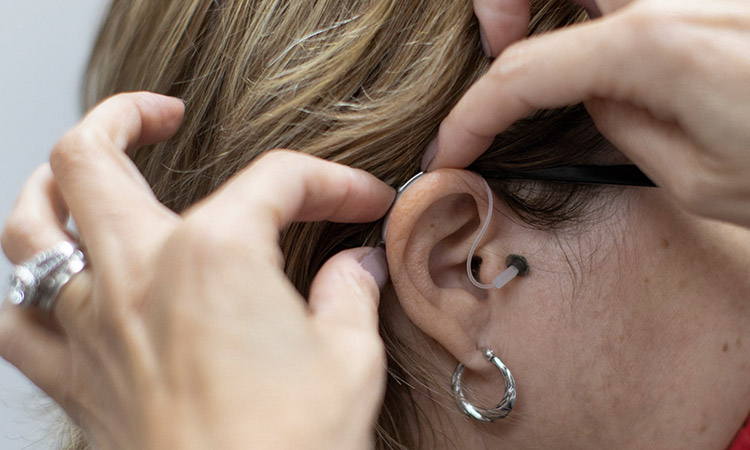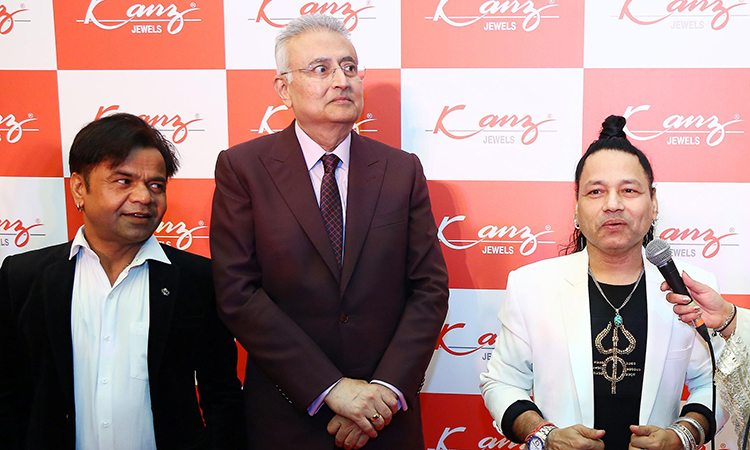Zinc may not be the answer to shortening cold: Study

Taking zinc may not shorten your cold. TNS
There are many ways people attempt to fight colds, but a new study indicates that taking zinc lozenges may not help you get rid of them sooner.
A randomized trial published in BMJ Open showed that taking lozenges containing zinc acetate did not shorten colds, according to a news release from the University of Helsinki.
The double-blind trial saw the university’s professor Harri Hemilä, Ph.D. and his colleagues investigate the effect of zinc acetate lozenges on City of Helsinki, Finland employees. Participants were told to slowly dissolve six lozenges in their mouth each day. In total, they took 78 mg/day of zinc over five days. Participants were told to begin treatment as soon as cold symptoms began in an effort to minimize the delay between getting a cold and starting the treatment.
The common cold infected 88 participants, who then started to use the lozenges. In the five-day treatment period, no difference was found in the rate of recovery between the zinc and placebo groups. An unexpected finding occurred when participants in the zinc group had a slower recovery time than those in the placebo group.
Results in this study differed from those of eight prior trials, in which colds were shortened. One explanation for the varying results is the differing kinds of zinc lozenges used in the studies. Many studies with negative results used lozenges that had low doses of zinc or had ingredients that bind zinc, which halts the release of free zinc in the middle portion of the throat. The results indicate more research is needed to discover when zinc lozenges could be effective as well as their type and optimal dose.
“Our study does not confirm the usefulness of zinc lozenges for treating the common cold, but neither does it refute the previous studies where zinc lozenges were found to be effective,” Hemilä said. “In future trials of zinc lozenges, the dosage of zinc should be greater, the lozenges should dissolve more slowly, and the treatment should last longer than 5 days. Before zinc lozenges can be widely promoted for common cold treatment, the characteristics of lozenges that are clinically efficacious should be defined in detail.”
Zinc is used in the body to build T cells, which fight infection. Mayo Clinic reports it may be more effective as a lozenge and syrup so it can stay in the throat and come into contact with the cold virus, mostly spread through the rhinovirus. But the mineral can be found in foods including poultry, red meat, beans, nuts and seafood like oysters.
Tribune News Service







